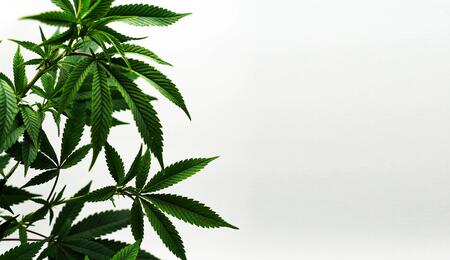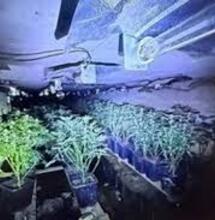Expert Committee in Disarray (again)

In April of this year, discreet advertisements could be found in the drug use/misuse arena inviting applications for 11 vacant posts with The Advisory Council on the Misuse of Drugs (ACMD). Just to be completely clear, that's 11 posts out of 24.
Losing almost half of your membership is a big event. It hasn't happened in quite some time, and there has been no coverage of it. For those who don't know, the ACMD is a committee operated under the auspices of the UK Home Office. It was set up in 1971 under the Misuse of Drugs Act.
What it does is pretty self explanatory, or at least it used to be. At one time, the committee would be called upon to make recommendations regarding the UK drug laws. Occasionally, this would mean easing up on some drugs, but more often than not, it would involve the banning of more and more substances as they appeared on the black market, usually resulting in making a bad situation worse, but allowing successive governments to continue to spout the "hard on drugs" rhetoric. This has been the case particularly over the past three or four years and culminated in The Psychoactive Substances Act 2016, where once again, the government shot themselves in the foot.
In 2009, there was something of an upheaval in the ACMD as the (then) chairman, David Nutt, in an unprecedented show of common sense, suggested to the (then) Home Secretary, Alan Johnson, that cannabis was safer than alcohol and tobacco. For his outburst of pragmatic rationalism, Professor Nutt was dismissed. A number of the other members of the committee immediately resigned in protest. Since then, the ACMD has been in a state of almost constant turmoil, with new personnel joining and leaving at a quite alarming rate.
We know of a number of former committee members who joined with a genuine belief that they could make a difference, only to leave seriously disillusioned some time later. The New Psychoactive Substances we've seen proliferating over the past decade have played their part in this, but at the very heart of the matter lies cannabis. Back in 1971, what was actually known about cannabis was very little. Everyone had an opinion about it, but that is not the same thing. In 2017, what we know about cannabis is actually quite a lot, and much of this directly contradicts the largely accepted wisdom of the 1970's and 1980's. And here is the problem the ACMD really have: most of the committee are intelligent people.
Many of them are neuroscientists, neuropharmacologists, former researchers and so on. In short, experts in a field where the government are not. They are being asked to continue to defend the indefensible. They are being asked to ignore or disregard an ever increasing body of new evidence that contradicts much of what was previously held to be true of cannabis, particularly around its role in addiction and as a cause of mental illness.
To give these ex committee members their due, they have decided that personal integrity and professional credibility are worth more to them than the dubious kudos attached to an association with a government department clearly lacking integrity and credibility, and they have voted with their feet. Clearly drastic action is required here, but successive Home Secretaries prefer to continue burying their heads in the sand and overruling the recommendations of their own experts. The real worry here is that government intransigence regarding weed means no self respecting scientist or expert will volunteer for a role on the ACMD, and that these places will be occupied instead by party liners and company men.
Then what happens is that the Home Secretary points at a white wall and says "this is black", and they all agree. That is a very worrying thought. Dr John Dee In memory of Nick Sand (1941-2017)



